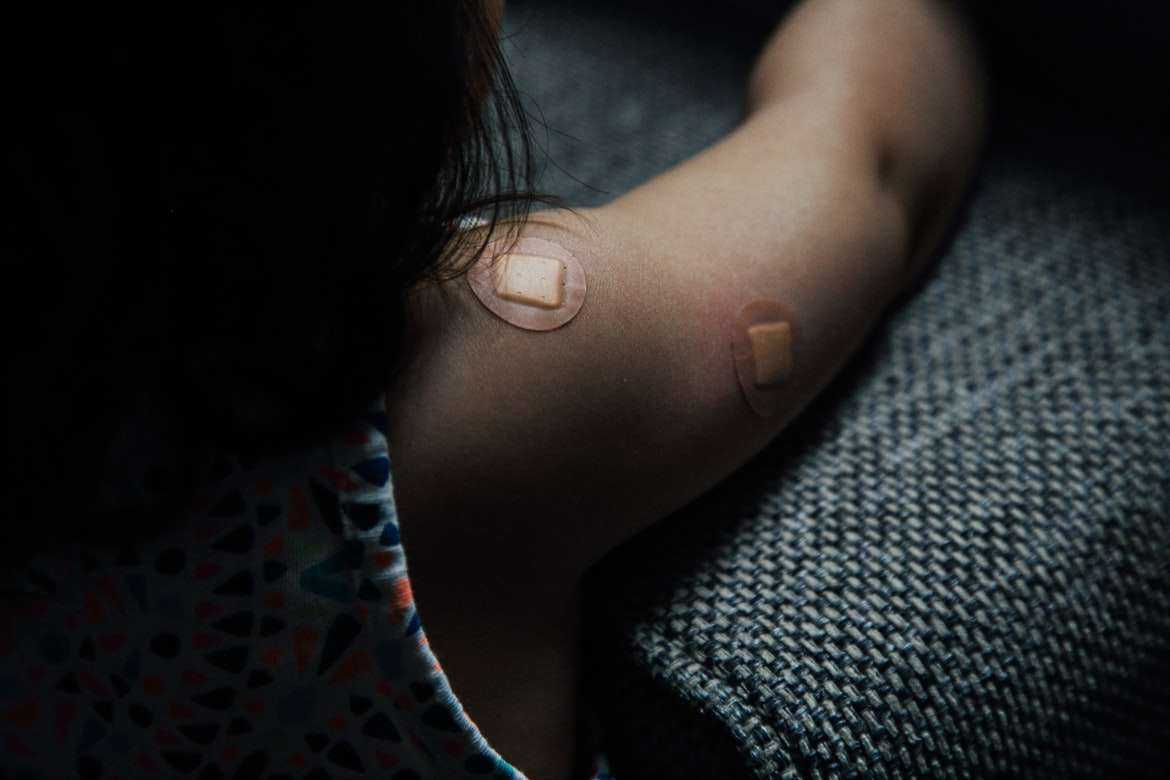BY: KATHY MCDONALD
It’s hard to believe that the CNE has ended and summer is almost a distant memory. As we begin this school year I would like to begin by offering a few tips to help the 2018/19 academic year to be the best that it can be. In my opinion, the three most important ingredients that equip students to excel at school are sleep, exercise, and nutrition.
First and foremost, I would like to remind students and their guardians of the importance of a good night’s sleep. Did you know that the suggested amount of sleep for a newborn ranges from 10 to 18 hours? It is evident how much growing these tiny little bundles do each and every day. So, it is with teenagers. A “pleasant puberty” experience is often associated with a lot of sleep. Sleep is so vital to teenagers. It is tempting to label teenagers as “lazy” when all they really are is “increasing”. The literature suggests that teenagers actually need more sleep than adults.
Sleep is often the most underrated ingredient in the recipe for a successful school experience. When we sleep the body gets a chance to heal and repair itself and the brain unscrambles and sorts all that was inputted. The brain needs this downtime to “repackage neurotransmitters”. The synapses in the brain are constantly firing and will “short circuit” if not given the opportunity to recharge. Have you ever been sleep deprived and noticed that physically the body may have negative reactions, for example, you may feel physically sick, cold, sad for no reason, anxious, depressed or experience the body shaking uncontrollably. These tremors or the aforementioned manifestation of sleep deprivation can wreak havoc on a student’s body.
There are copious studies that highlight the stress-reducing effects of sleep. Sleep deprivation can affect one’s body both mentally and physically. If you think back to your child’s last tantrum, most caregivers would probably attribute exhaustion to be the trigger. When students are sleep deprived they are usually moody, less energetic, have poorer judgment and more lethargic. All of these impact a student’s ability to learn and recall facts as well as reduces the student’s critical thinking skills. The latter is the root cause of many inappropriate choices that students make. There are actually guidelines which suggest the approximate number of hours of sleep a child should get each day. I would advise parents to consult a healthcare professional if they are unsure about the ideal number of hours their child requires to be healthy.
A fair bit of students when probed will reveal the source of their sleep deprivation. Invariably the culprit is electronics. Parents would be surprised if they knew how many hours kids are spending on devices when they are “asleep”. I would highly recommend that parents make or buy an electronic garage. Installing this new addition to your home does not have to be expensive. It can be as simple as getting an old box which is large enough to hold all cell phones, tablets, and laptops that the students in the household possess. All such devices should be turned in before students go to bed. Note the location of your electronic garage is extremely important.
We also hear about all the pitfalls of spending excessive time on devices and social media. Students often talk to me about feeling anxious or depressed after spending a lot of time on social media or gaming. When I interact with students at school or in public spaces I often witness an increase in aggression between the interactions (these personal observations are by no means limited to students). Across all school boards in this province, the mental health concerns are increasing exponentially. Addiction to gaming and social media are one of the leading cause of mental health concerns in both elementary and secondary schools. The reduction of screen time is a great segway into the importance of exercise.
I can personally attest to the benefits of exercising. Whenever I return from a walk (long or short, brisk or not so brisk) I find that all the knots and kinks in my body have dissipated. The problem may still be there, but I feel better equipped to deal with it. My energy levels improve and I feel ready to take on any challenges including writing this column. My mind is ready to learn and receive information. Exercising never fails me. We don’t have to be enrolled in an elite sports academy. Infusing exercise into your child’s day could be as simple as walking or kicking a ball with a friend. Better yet, kick the ball with your child and use that precious time to connect, laugh and catch up on the day. It will do wonders for both you and your child.
Proper nutrition is vital for a student’s growth, development, and well-being. Students cannot effectively learn or focus when they are hungry. Next week I will discuss healthy food options.
The Heart and Stroke Foundation attributes sleep deficiency to an increase in heart disease, high blood pressure, and strokes. Diabetes and kidney disease are also linked to a lack of sleep. So, students, parents and all “village people”, remember the next time you see a rambunctious child or a student that is not focused, to have a dialogue and share this recipe. So, journey with me, eat, sleep and exercise. Walk Good. Belle Marche.


 Community News2 weeks ago
Community News2 weeks ago
 Community News2 weeks ago
Community News2 weeks ago
 Community News2 weeks ago
Community News2 weeks ago
 Community News2 weeks ago
Community News2 weeks ago
 Community News1 week ago
Community News1 week ago
 Community News6 days ago
Community News6 days ago
 Community News6 days ago
Community News6 days ago
 Community News6 days ago
Community News6 days ago
























